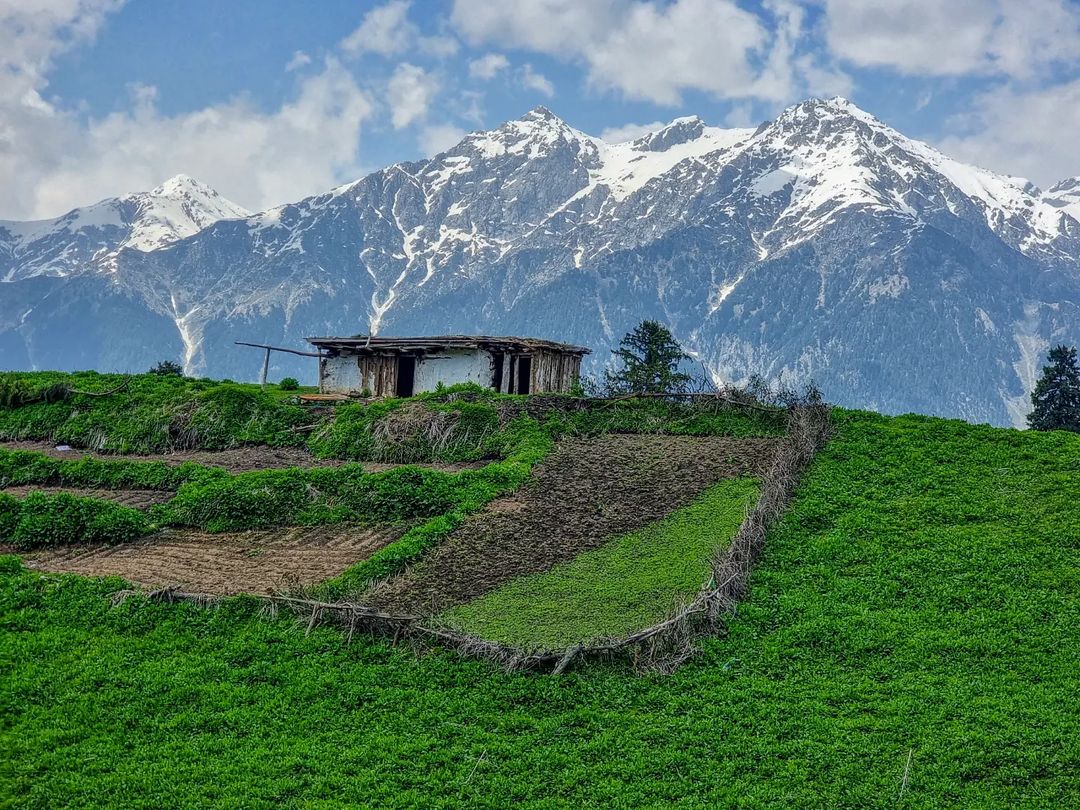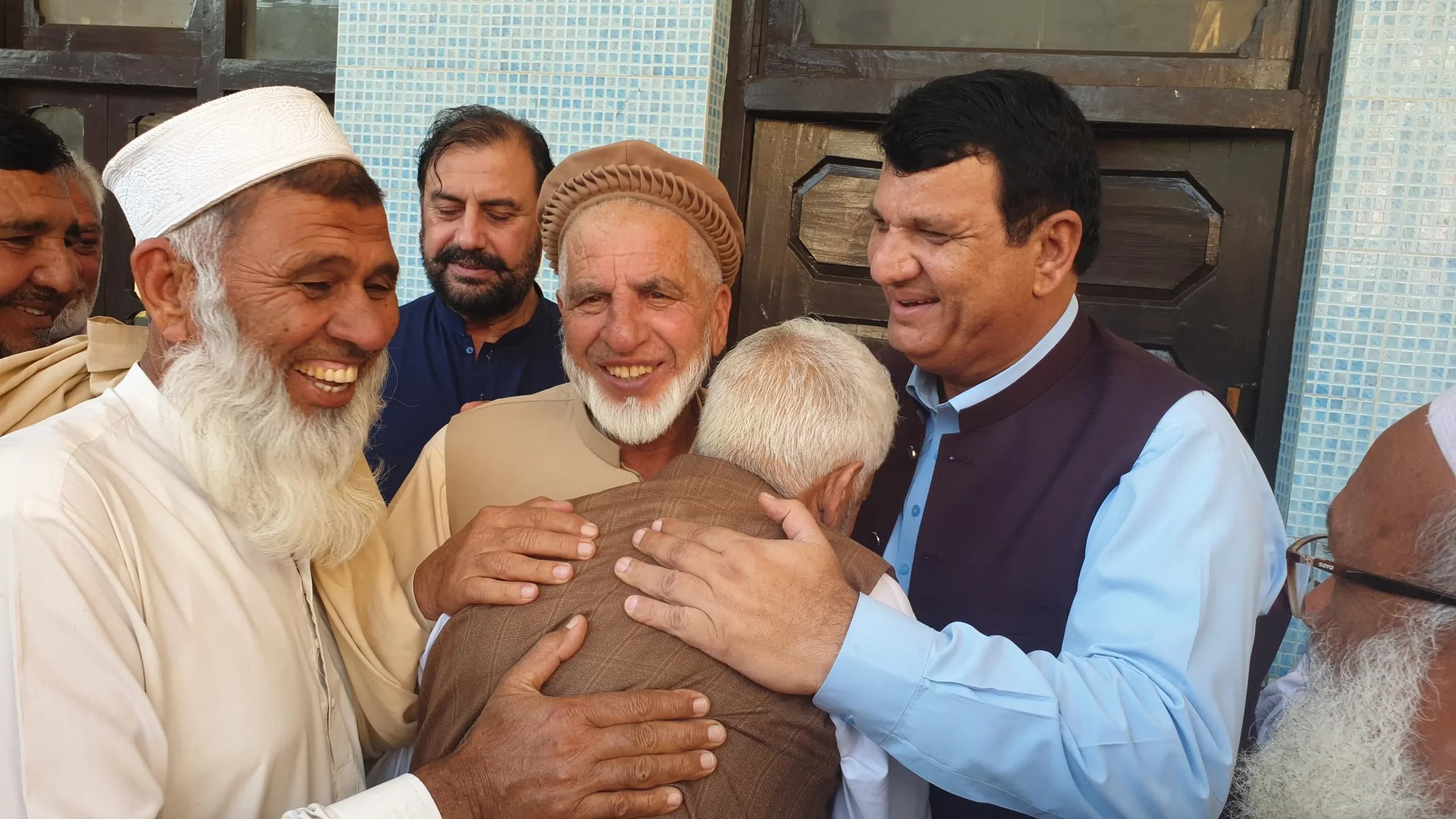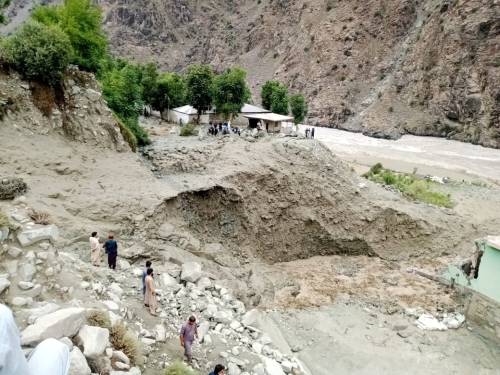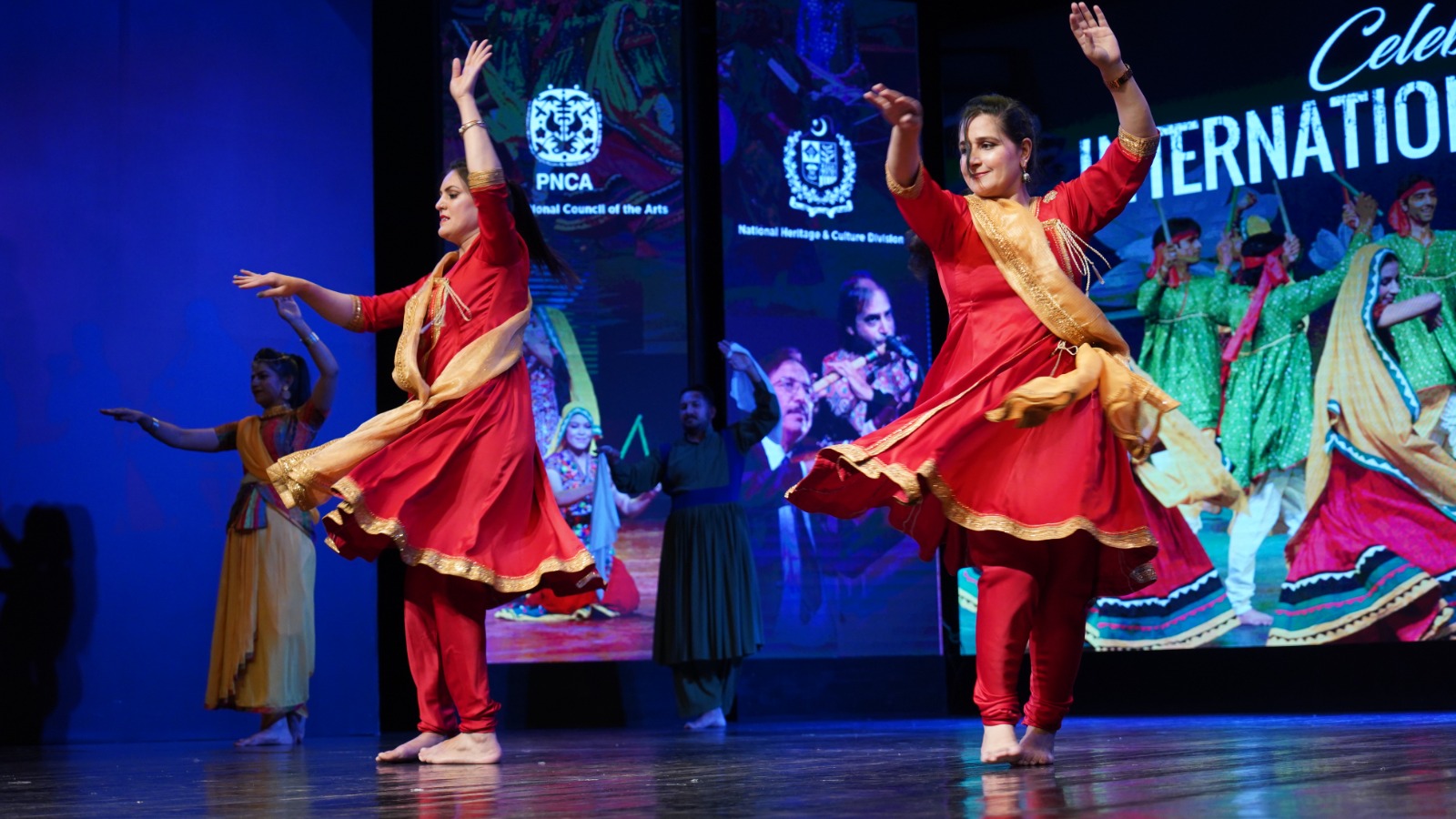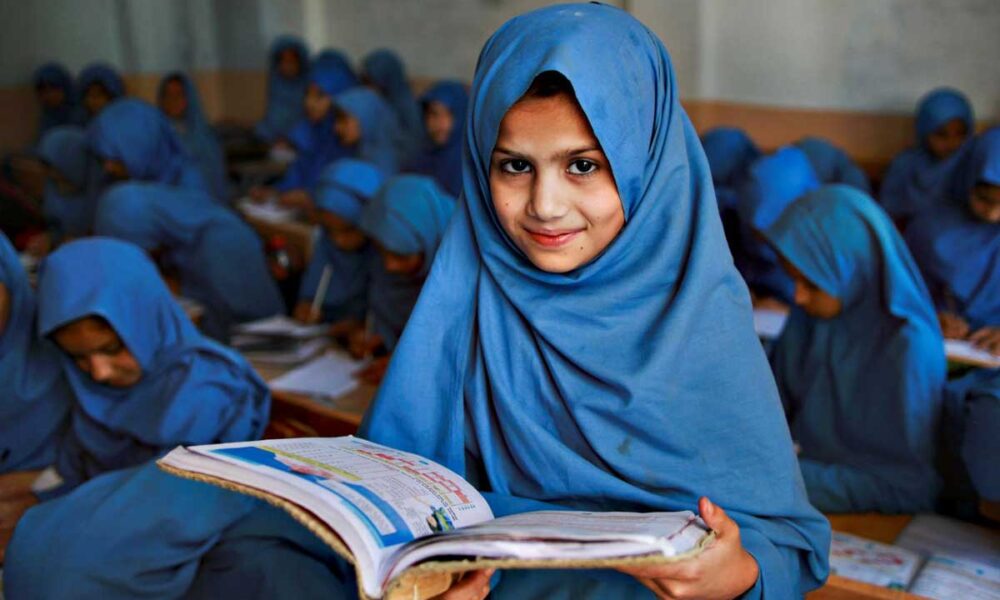By Ubaid Sahil
In the heart of the Hindukush, surrounded by towering peaks, alpine meadows and pastures, cascading waterfalls, rugged icy glaciers, and the fast-flowing Swat River along with its tributaries, live the Torwalis, one of Pakistan’s last indigenous and marginalized communities. The Torwali community is spread from the charming Tirat and Piya Valleys near Tehsil Fatehpur to the magnificent valleys of Asrit and Pushmal, near the renowned Kalam Valley. The Swat River serves as the lifeline, connecting all the Torwali towns and villages along its banks. The name ‘Torwali’ originates from the village of Torwal, located about a half-hour’s drive from Bahrain Town, the largest and most populous settlement of the Torwalis.
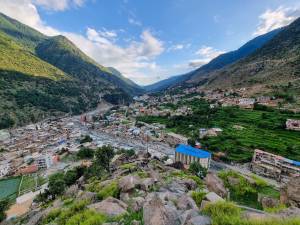
With a unique and complex language and a rich culture, the Torwalis have only been written about by travelers who passed through Torwal (a collective name for all Torwali towns and villages) in the past, documenting the resilient indigenous people. As part of the Indo-European language family, the Torwali language traces back to the same ancestral homeland shared by other languages in the family, stretching between the ancient lands of the Caucasus and the Caspian Sea.
The Torwali language and culture share close ties with the renowned Kalash tribe of Chitral. Torwali, a member of the Dardic language family, has linguistic cousins spoken in Chitral, Kashmir, parts of Afghanistan bordering Pakistan, and Ladakh. Until recent years, the Torwali language lacked a formal written system, including an alphabet. Local scholars, such as Zubair Torwali, Inam Torwali, and others, have worked to create a written form for this language, designing its alphabet and producing literature in Torwali. These efforts were crucial to preserving the language, which is classified as endangered and at risk of disappearing.
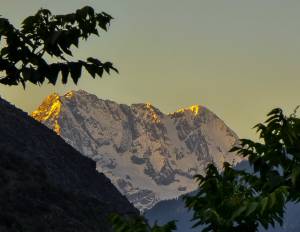
Generations of rich cultural history, filled with both challenges and victories, have ingrained a resilience in the Torwalis, making their DNA as enduring as the mountains they call home. The Torwalis don’t just settle in a few towns of the Bishigram and Bahrain valleys; they are the ones whose resilience and warmth have transformed the surrounding peaks and meadows into habitable spaces. They have forged the treacherous and rugged paths that wind up to the majestic mountains, some of which are perilous to the point of being death routes.
The awe-inspiring alpine peaks of the Hindu Kush observe the final traditional mountain rituals of the Torwalis. In the elevated, snow-capped regions, where the peaks seem to whisper secrets, the Torwalis continue unique practices such as ‘Hashar,’ in which villagers come together to handle communal tasks like grass cutting and migration, supporting each other’s families. Another notable tradition involves soaking Roti pieces in soup to make them softer and more enjoyable during weddings.

The major Torwali towns have roads and access routes, whereas the more remote villages lack such facilities. Some Torwalis even live at extremely high altitudes, which can take 6 to 8 hours to reach via rugged, mountainous paths. During winter, these people move down to the towns, but in summer, they migrate to the pastures and meadows with their cattle, staying there until winter returns. Even in the height of summer, these areas experience sub-zero temperatures. In winter, the entire Torwali region is blanketed in snow, with the higher mountains receiving heavy snowfall that remains throughout the year.
Although educational institutions are far fewer compared to other regions, the Torwalis are still deeply committed to educating their children and often send them to distant places to pursue an education. Primary schools are located in such remote areas that teachers sometimes travel five to six hours a day on foot, as there are no roads or vehicles available. There are only two higher secondary schools in all of Torwal. A degree-level college is situated outside the region, requiring Torwali students to travel up to six hours daily to attend classes.
A typical day in a remote Torwali village might feel like a glimpse of paradise, where people wake up at dawn, fetch water from the streams, and then head off to work in the fields and gardens. They rely on a natural diet, growing their own food with care and effort. By dusk, they return home from the fields, bringing fresh vegetables and fruits, while singing folk songs and sharing stories. They turn in early, only to rise at dawn once more. These people, who carry on their traditions, seem to live days that feel longer than ours. A Torwali folk zo (ghazal), “خوشے بیابان,” translated into English by Torwali student Shams-Ud-Din Torwali and published in We Mountains magazine, eloquently captures the essence of Torwali culture.
Somewhere in a remote wilderness
We would discover a hermitage
With your crimson lips
You would whisper sweetnesses
I would gather splinters
You would kindle the fire
My hands would go numb
You would wipe my fingers
This moment could freeze
I would wish silently
Oh, my adored one, with your gaze
I would forget both realms
Somewhere in a remote wilderness
We would discover a hermitage
With your crimson lips
You would whisper sweetness
You would bring water from the spring
I would take the pitcher from you
Sweat would bead on your face
And I would wipe it away with my hands
You would brew tea over the fire
I would be spellbound by you
Oh, my adored one
I would lose myself in your presence
Somewhere in a remote wilderness
We would discover a hermitage
With your crimson lips
You would whisper sweetness
You would share your love with me
I would share mine with you
In a hut deep in the forest
Dusk would fall upon us
We would be lost in love
There would be a light drizzle
Putting aside the world’s troubles
We would wrap ourselves around each other
Somewhere in a remote wilderness
We would discover a hermitage
With your crimson lips
You would whisper sweetness
The world would feel uncharted
We would be lost in the moment
It would seem like a night of ascension
As if we were speaking with God
The moon would blush upon seeing you
The stars that herald dawn would fade away
The sun would eclipse the next day
Turning daytime into night
Somewhere in a remote wilderness
We would discover a hermitage
With your crimson lips
You would whisper sweetness
Torwal boasts stunning natural beauty, with several famous travel destinations such as Bishigram Valley and Lake, Planchai and Jabba Meadows in Bahrain, Bahrain town, Gornal village, Mankiyal Valley, Chukail Meadows, Tape Meadow, along with many other breathtaking spots. Due to this rich natural landscape, the local economy heavily relies on tourism, which picks up during the peak season and slows down during the rest of the year.
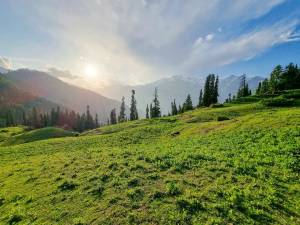
With no more than 150,000 native speakers, the Torwali language and culture are rapidly fading away due to several factors, including the dominance of major languages and cultures, as well as the migration of locals to larger cities in search of better opportunities. Emerging trends and an influx of tourists are overshadowing the traditional culture, causing the valuable and rich Torwali heritage to vanish. The once-vibrant Torwali culture and language are now confined to the remote high mountains, where new trends and visitors only arrive intermittently.
Another challenge for the Torwali’s is the recurring flash floods that hit during the monsoon season, exacerbated by climate change. During the catastrophic floods of 2022, Torwal was the hardest-hit region.
To read more posts of the writer, please visit:

